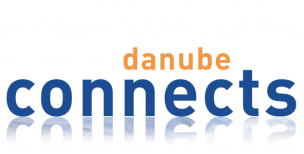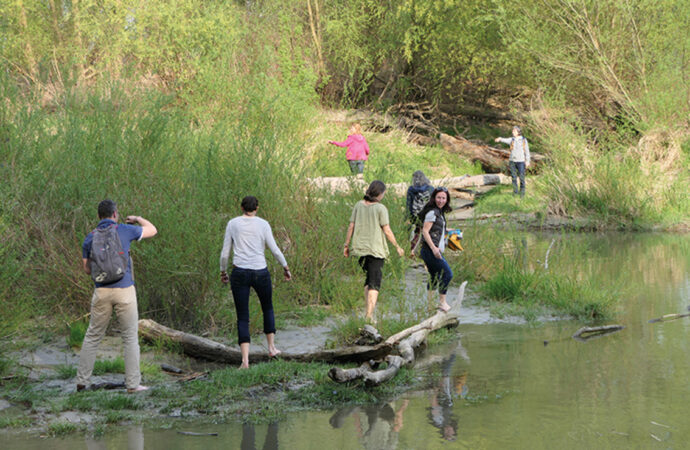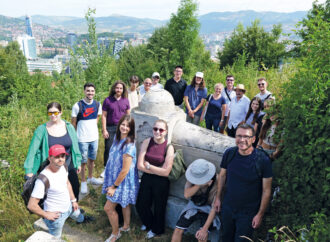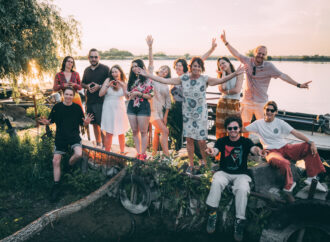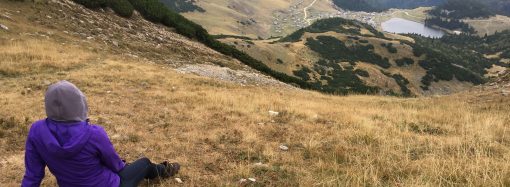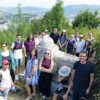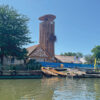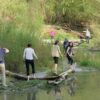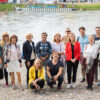93 women and men from the Danube countries can call themselves Danube Guides. As special nature & culture guides for the Danube region, they are receiving further training and professionalisation in the project “Danube Guides Action”. The lead partner is the Danube Office Ulm/Neu-Ulm. The aim is to establish a cross-border Danube Guides network in
93 women and men from the Danube countries can call themselves Danube Guides. As special nature & culture guides for the Danube region, they are receiving further training and professionalisation in the project “Danube Guides Action”. The lead partner is the Danube Office Ulm/Neu-Ulm. The aim is to establish a cross-border Danube Guides network in the medium term.
Originally, the Danube Guides were trained during a pilot action in the EU project LENA (INTERREG B, Danube Transnational Programme, 2017-2019). The Danube Guides combine regional tourism, environmental education and nature conservation, each field benefiting the others. Valentin Grigore confirms this experience. A member of the administration of the Romanian Comana Nature Park between Bucharest and the Danube, he says: “The municipalities record income when the park attracts more tourists through good promotion while maintaining a good conservation status.”
For Serbia, the Danube Guides are a new concept, as Zdenka Mitic from the NGO Podunav in Bački Monoštor in the border region of Vojvodina says: “It also helps to break down the negative stereotypes that exist about Serbia and thus contributes to a better image of the country and to sustainable development.” Her gaze also goes to the other side of the Danube, to Croatia: “Joint activities with Danube guides from our neighbouring country will help to present the entire Middle Danube region, which is the most important part of the Danube region after the Delta in terms of biodiversity.”
The emphasis of the current project is on “action”. Ultimately, the Danube Guides are to be empowered so that they can develop and offer independent environmental education programmes as well as improve existing ones. Committed guides will go one step further and act as trainers for the next generation of Danube Guides in their country, according to the long-term project goal.
With its slogan “Feel Slovenia”, Slovenia focuses on nature-based tourism. Here, the project has been very well received. “The philosophy of Danube Guides fits the Slovenian mentality like a glove. The Slovenian Danube Guides have made it their mission to provide tourists with an entertaining and exciting experience of nature, but also with the knowledge of how important it is to preserve nature for future generations,” says Blanka Odlazek from the project partner Regional Development Agency of Gorenjska in Kranj.
Some things may seem abstract, but the project’s quality criteria set very concrete standards. For example, the internal “Quality Guide Lines” prohibit VIP excursions in strictly protected areas with a ban on entering or excursions with speedboats – even under the label of supposed further education.
Lead partner: Danube Office Ulm/ Neu-Ulm gGmbH (Germany).
Project partners: WWF Bulgaria, Comana Nature Park Administration (Romania), NGO Podunav Backi Monostor (Serbia), Regional Development Agency of Gorenjska, Kranj (Slovenia).
Thomas Zehender,
danube connects, Ulm
